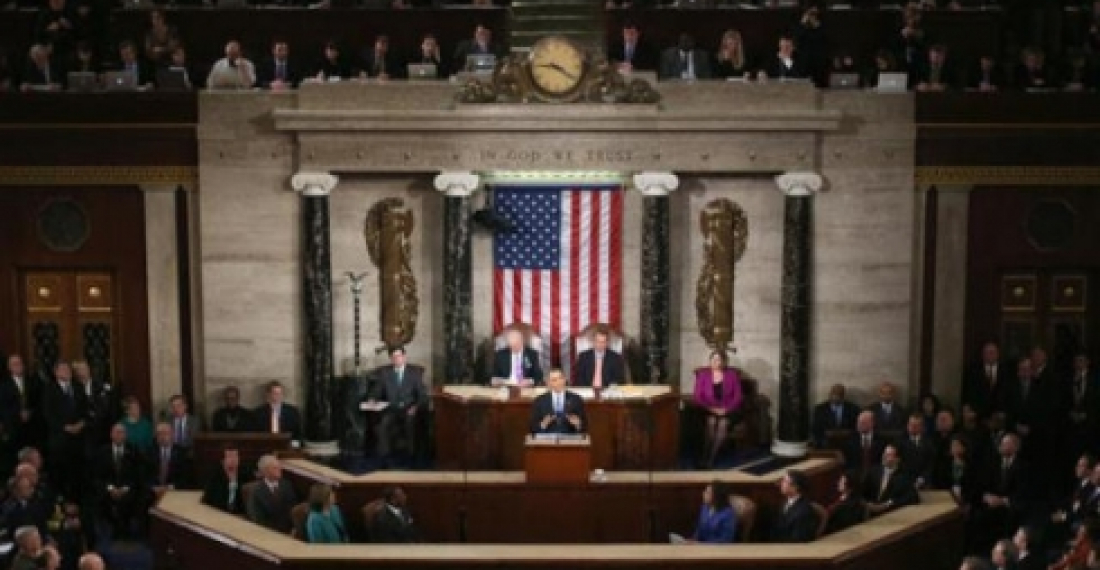President Barak Obama has given his first "State of the Union" address following his re-election as President in November. The hard-hitting address focusing mainly on the economy and domestic politics also touched on foreign affairs where the President spoke about the need to remain engaged with Russia and to maintain efforts to eradicate the threat of terrorism. But the President also spoke about America's role as a beacon for freedom in the world.
He stated:
"America must remain a beacon to all who seek freedom during this period of historic change. I saw the power of hope last year in Rangoon, in Burma, when Aung San Suu Kyi welcomed an American President into the home where she had been imprisoned for years; when thousands of Burmese lined the streets, waving American flags, including a man who said: "There is justice and law in the United States. I want our country to be like that."
In defence of freedom, we'll remain the anchor of strong alliances from the Americas to Africa; from Europe to Asia. In the Middle East, we will stand with citizens as they demand their universal rights, and support stable transitions to democracy.
We know the process will be messy, and we cannot presume to dictate the course of change in countries like Egypt, but we can - and will - insist on respect for the fundamental rights of all people."
Commonspace.eu political editor said in a comment:
"Unlike with George W Bush there is nothing Messiahnic about Obama's promise, however with Obama one get the feeling that he means what he is saying. These values that the US President has layed down will become reference points for US diplomats and officials all over the world, and we are also likely to see a more assertive American effort in this direction in Eurasia and the Middle East. Like all previous Presidents however Obama will also be constrained by the need to take into account American interests in the world, and the two objectives do not always coincide."
source: commonspace.eu with the White House Press Office







